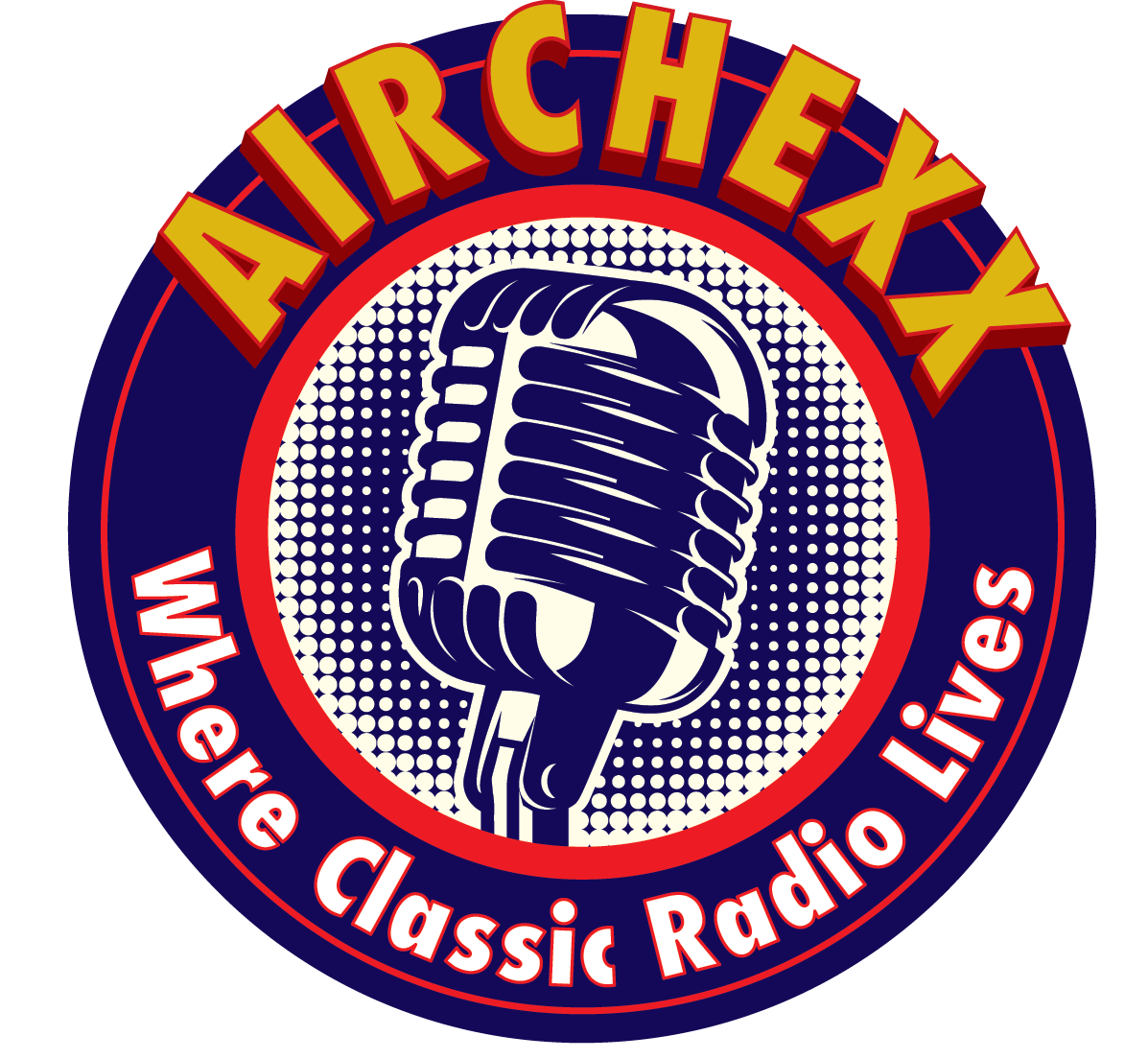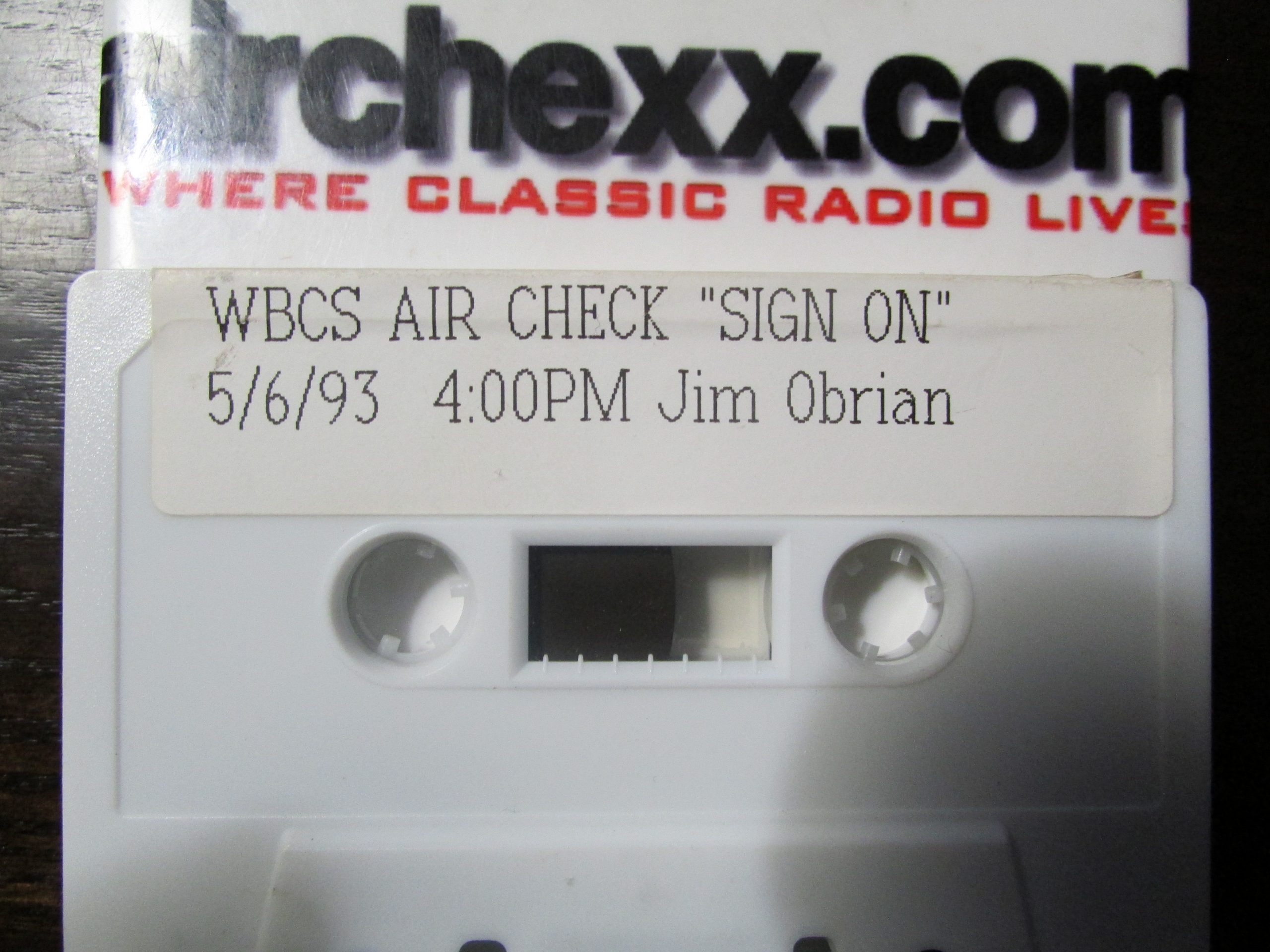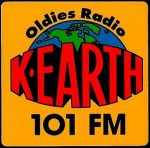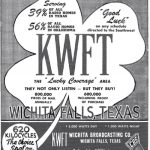
DESCRIPTION
David Allen Boucher (left) was not only the night guy at WMJX, he is now one of our esteemed Airchexx contributors!
A NOTE ABOUT LINKS
When you notice a highlighted link in the descriptions used on these aircheck pages, click it to follow the radio station, jock or contributor to read and hear more.
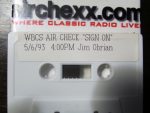
This tape is one of a dozen or so from the greater Boston area. So, thank you, David!
What was WBCS and why did it come along in 1993 when 105.7 had been doing country for quite a while at this point? I’d like to ‘borrow’ a few things written about this format change back when it was fresh.
Scott Fybush is heavily involved with station histories, among other things. Scott writes about radio and provides services that are best described at his website, fybush.com. We encourage visitors to consider a subscription to fybush.com to help ensure the company’s continued growth.
SUPPORT
Over the years, we have asked for your financial support in helping to keep these classic radio recordings alive. We continue to archive original taped audio and typically have a backlog of 50-100 airchecks every week. All this archival costs money. Online storage, website hosting, our internet connectivity – all this is more expensive than ever, and with the Covid-19 pandemic adding stress to the infrastructure, things are difficult.
Won’t you consider donating to help us defray our costs? If you love this resource, you should support it. Use the PayPal link below.
Scott Fybush wrote extensively about this format change back when it happened. It’s been over 25 years since this format change and much of what was written online has disappeared over time. However, there is a history of the 96.9 frequency written up at “The Boston Radio Archives”. That’s another website that we highly encourage our audience to visit.
In 1986, WJIB became part of NBC, which in turn sold the station, along with much of the rest of its radio group, to Emmis Broadcasting in 1988. In 1990, Emmis turned off the beautiful music and changed the format to “Smooth Jazz”, under the new calls WCDJ(FM). The new “CD96.9” was still an instrumental-oriented station, but now targeted a younger audience. (Ironically, the WJIB calls and beautiful music would reappear two years later at the former sister station on 740 in Cambridge, now owned by Bob Bittner.)
In early 1993, Emmis sold WCDJ to Greater Media, creating a duopoly with WMJX 106.7 and WMEX 1150. Rumors began circulating of a new country format for 96.9, but in February, Fairbanks’ WVBF made its own country switch, becoming WCLB-FM (later WKLB-FM), quieting that speculation briefly. A few months later, though, 96.9 entered the country wars by becoming WBCS, “We’re Boston’s Country Station”. The station’s new studios were at the WMJX facility in the Salada Tea Building on Stuart Street, in the studio formerly used by WMEX.
What followed was almost three years of bitter competition, as the two rivals fought for a niche audience large enough to support one, but not necessarily two, major FM stations. At one point, WBCS tried to quell speculation of a format change by offering a million dollars to the first listener to call in if the station changed format before the end of 1996. It was a bet Greater Media never had to pay up, thanks to a June 1996 deal that traded Greater’s Washington, D.C. stations (WGAY and WWRC) to Evergreen in exchange for Evergreen’s just-purchased WKLB-FM.
In late August, WKLB-FM and WBCS began a brief simulcast, which ended on September 5 when 105.7 became WROR-FM, moving the WKLB-FM calls down to 96.9, which remained country as “Country 96.9”.
– Scott Fybush
Editor’s note: WBCS came along at a time when the Country Music industry was experiencing a sort of re-birth. Up till this time, if you asked young people, especially in the New England region, what they thought of Country music, most said they didn’t like it, and would go into lyrics of Haggard & Jones, Hank Williams, Patsy Cline and so on. But, around this time, artists like Garth Brooks, Brooks & Dunn, Randy Travis, Joe Diffie, Travis Tritt and the like came on the scene and made Country music a contemporary thing again. Brooks became so popular in the 1990s that his music crossed over into the Pop charts. Later, Shania Twain would do the same, and then line dancing became a thing… Country really found its way in the early 1990s and it has remained one of radio’s most popular and profitable formats to this day.
LISTENING POST
Click this player to hear Format Change: WCDJ flips to WBCS Country 96.9==>
THIS AIRCHECK IS ALSO AVAILABLE ON OUR AIRCHEXX.COM YOUTUBE CHANNEL
